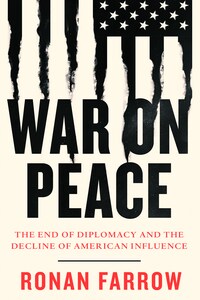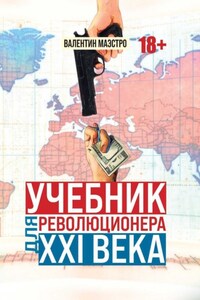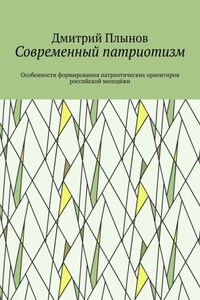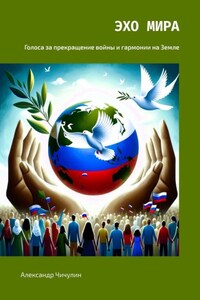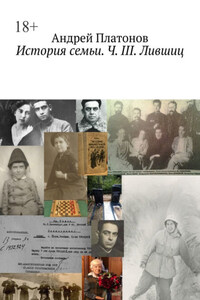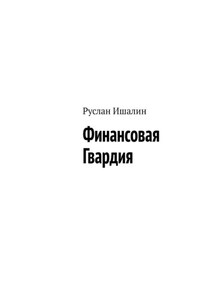William Collins
An imprint of HarperCollinsPublishers
1 London Bridge Street
London SE1 9GF
www.WilliamCollinsBooks.com
This eBook first published in Great Britain by William Collins in 2018
Copyright © Ronan Farrow, 2018
Cover design by Jack Smyth
Ronan Farrow asserts the moral right to be identified as the author of this work
A catalogue record for this book is available from the British Library
All rights reserved under International and Pan-American Copyright Conventions. By payment of the required fees, you have been granted the non-exclusive, non-transferable right to access and read the text of this e-book on-screen. No part of this text may be reproduced, transmitted, down-loaded, decompiled, reverse engineered, or stored in or introduced into any information storage and retrieval system, in any form or by any means, whether electronic or mechanical, now known or hereinafter invented, without the express written permission of HarperCollins
Source ISBN: 9780007575626
Ebook Edition © April 2018 ISBN: 9780007575640
Version: 2018-04-18
Contents
COVER
TITLE PAGE
COPYRIGHT
DEDICATION
PROLOGUE: MAHOGANY ROW MASSACRE
PART I: THE LAST DIPLOMATS
1 AMERICAN MYTHS
2 LADY TALIBAN
3 DICK
4 THE MANGO CASE
5 THE OTHER HAQQANI NETWORK
6 DUPLICITY
7 THE FRAT HOUSE
8 MISSION: IMPOSSIBLE
9 WALKING ON GLASS
10 FARMER HOLBROOKE
11 A LITTLE LESS CONVERSATION
12 A-ROD
13 PROMISE ME YOU’LL END THE WAR
14 THE WHEELS COME OFF THE BUS
15 THE MEMO
16 THE REAL THING
PART II: SHOOT FIRST, ASK QUESTIONS NEVER
17 GENERAL RULE
18 DOSTUM: HE IS TELLING THE TRUTH AND DISCOURAGING ALL LIES
19 WHITE BEAST
20 THE SHORTEST SPRING
21 MIDNIGHT AT THE RANCH
PART III: PRESENT AT THE DESTRUCTION
22 THE STATE OF THE SECRETARY
23 THE MOSQUITO AND THE SWORD
24 MELTDOWN
EPILOGUE: THE TOOL OF FIRST RESORT
PICTURE SECTION
NOTES
INDEX
ACKNOWLEDGMENTS
ABOUT THE AUTHOR
ABOUT THE PUBLISHER
AMMAN, JORDAN, 2017
[A]ppoint an ambassador who is versed in all sciences, who understands hints, expressions of the face and gestures … The army depends on the official placed in charge of it … peace and its opposite, war, on the ambassador. For the ambassador alone makes and separates allies; the ambassador transacts that business by which kings are disunited or not.
—THE MANUSMRITI, HINDU SCRIPTURE, CA. 1000 BCE
THE DIPLOMAT HAD NO CLUE that his career was over. Before stepping into the secure section of the American embassy, he’d slipped his phone into one of the cubbies on the wall outside, according to protocol. The diplomat had been following protocol for thirty-five years, as walls crumbled and empires fell, as the world grew smaller and cables became teleconferences and the expansive language of diplomacy reduced to the gnomic and officious patter of email. He had missed a few calls and the first email that came in was terse. The director general of the Foreign Service had been trying to reach him. They needed to speak immediately.
The diplomat’s name was Thomas Countryman, which seems like it must be made up, but is not. He was sitting at a borrowed desk in the political section at the heart of the low, sprawling embassy complex in Jordan’s posh Abdoun neighborhood. The embassy was an American contractor’s studied homage to the Middle East: sand-colored stone, with a red diamond-shaped motif on the shatterproof windows that said, “local, but not too local.” Like most American embassies in this part of the world, there was no avoiding the sense that it was a fortress. “We’d build a moat if we could,” a Foreign Service officer stationed there once muttered to me as our armored SUV made its way through the facility’s concrete and steel barriers, past armored personnel carriers full of uniformed soldiers.
It was January 25, 2017. Countryman was America’s senior official on arms control, a mission that was, quite literally, a matter of life and death. He oversaw the State Department’s work on the fragile nuclear deal with Iran, and its response to apocalyptic threats from the regime in North Korea. His trip that January was a moonshot: the latest in decades of negotiations over nuclear disarmament in the Middle East. Nuclear-free zones had been established around the world, from Latin America to parts of Africa and Europe. No one thought Israel was going to suddenly surrender its nukes. But incremental steps—like getting states in the region to ratify treaties they had already signed banning nuclear tests, if not the weapons themselves—might someday be achievable. Even that was “a fairly quixotic quest, because the Arabs and the Israelis have radically different views.” Tom Countryman had a flair for understatement.
The work this mission entailed was classic, old-school diplomacy, which is to say it was frustrating and involved a lot of jet lag. Years of careful cajoling and mediating had brought the Middle Eastern states closer than ever to at least assenting to a conference. There was dialogue in the hopes of future dialogue, which is easier to mock than to achieve. That evening, Countryman and his British and Russian counterparts would meet officials from Egypt, Jordan, Saudi Arabia, and Kuwait to press the importance of nonproliferation diplomacy. The next day, he’d go on to Rome for a meeting with his counterparts from around the world. “
